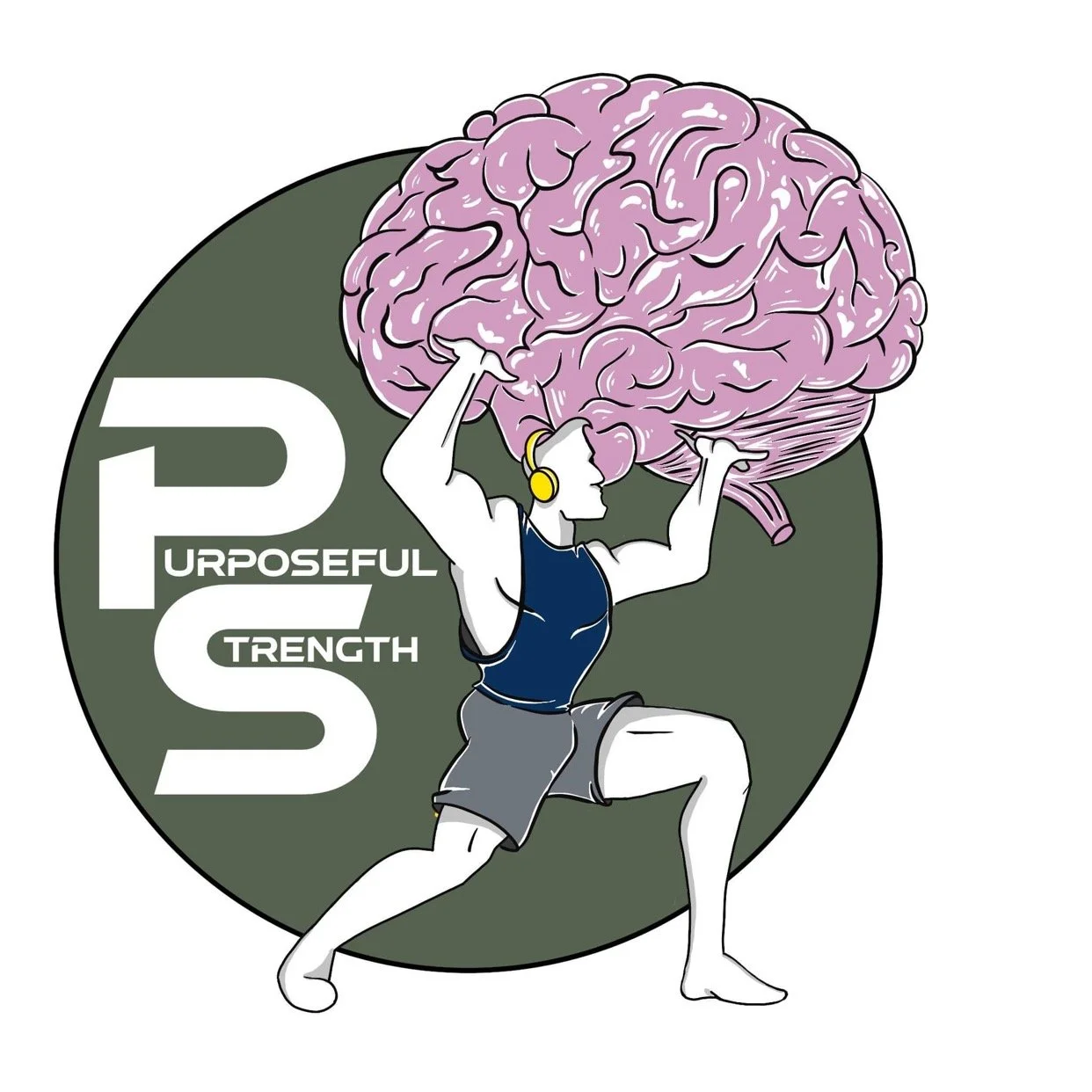Why are small victories so much harder than big victories?
The following is a ‘reair’ of my Purposeful Strength weekly newsletter from Tuesday February 9th. This one stemmed from a conversation with a good friend of mine, John Moljo. I won’t give too much away, but it’s a great piece on small victories.
If you’d like to join in and get fresh editions every week (they drop Tuesday’s at 11am), throw your information at the form box on the bottom of this page.
Thanks for reading…I hope you enjoy
The Hardest Victories Are The Smallest Victories
“Why are small victories so much harder than big victories?”
This was the question I asked my long, long time friend, John Moljo on a recent podcast we did together.
I always liken it to this analogy. Would you rather find a $1 dollar bill or a $20 dollar bill on the ground?
Ten out of ten times, you want the $20.
Duh. Stupid question.
But any time I’ve ever found a random buck on the ground or more commonly, in my jeans pocket...I was fucking pumped.
As you read this you totally know that feeling of finding money in your pockets. It kicks major ass.
What a win.
In other aspects of our life why do we push this emotional process to the side?
Why can’t we find joy in that $1 bill equivalent?
It always comes down to one thing.
Instant satisfaction versus long-term gratification.
The desire for instant satisfaction is a very powerful emotion. A total temptress in our brain.
Why wait and work for what we want 1, 3, 6, or even 12 months from now when I can do this singular action, right now, in this moment, and get that rush of endorphins that tell me I did something awesome.
It’s a rhetoric, there isn’t a singular answer...it’s always multifaceted, something only we know why.
Hey Casey, how about you tell us how we can kick that evil-being instant satisfaction in the face and make some progress…
That would probably be helpful, eh?
Step 1: Recognize. Ask yourself, do I want this (insert action here) or do I want (insert long term objective here)?
Step 2: Accountability. Tell yourself no. How wild is that concept? Though it reads and writes as a super simple task, saying ‘no’ in any capacity is difficult. Telling yourself no after recognizing where the action takes place will make it a lot easier to do so.
Note, a lot of people try to tell themselves ‘no’ from the start. That instant ‘no’ requires will-power. Will-power is a finite resource in your body, we only have SO MUCH will power on a day to day basis. Avoid tapping in to those reserves as much as possible.
Step 3: Educated choice. Once you’ve hit step 3, you are now in a position to make an educated choice. I like using the word ‘educated’ loosely because there isn’t any formal education required. You’ve considered the action at hand. You’ve rationalized where that action fits in your long-term goal. You now can make a choice based on your own internal education. Yes, or no. You make the decision.
If yes, then you can proceed, guilt-free, as you are at peace. You’ve recognized, rationalized, and chose.
If no, then you looked that temptress in the face and said “not today!”.
You might be reading this and thinking, but what if you chose yes and you really wanted to choose no?
Then you just gave yourself feedback. Super valuable feedback. If a false-yes was the outcome, and you went through the three steps above, where did you break down? What could have been done differently? You now have the feedback required to make an improvement going forward.
You can’t mess this up.
The beauty is in the series of choices we make throughout the day, we have to face this constant battle of instant satisfaction versus long-term gratification in every facet.
Relationships. Career. Academics. Athletics. Health.
You’ll get reps. You’ll get better.
You got this.
Have a great week everyone,
Casey

